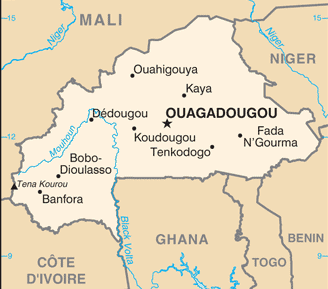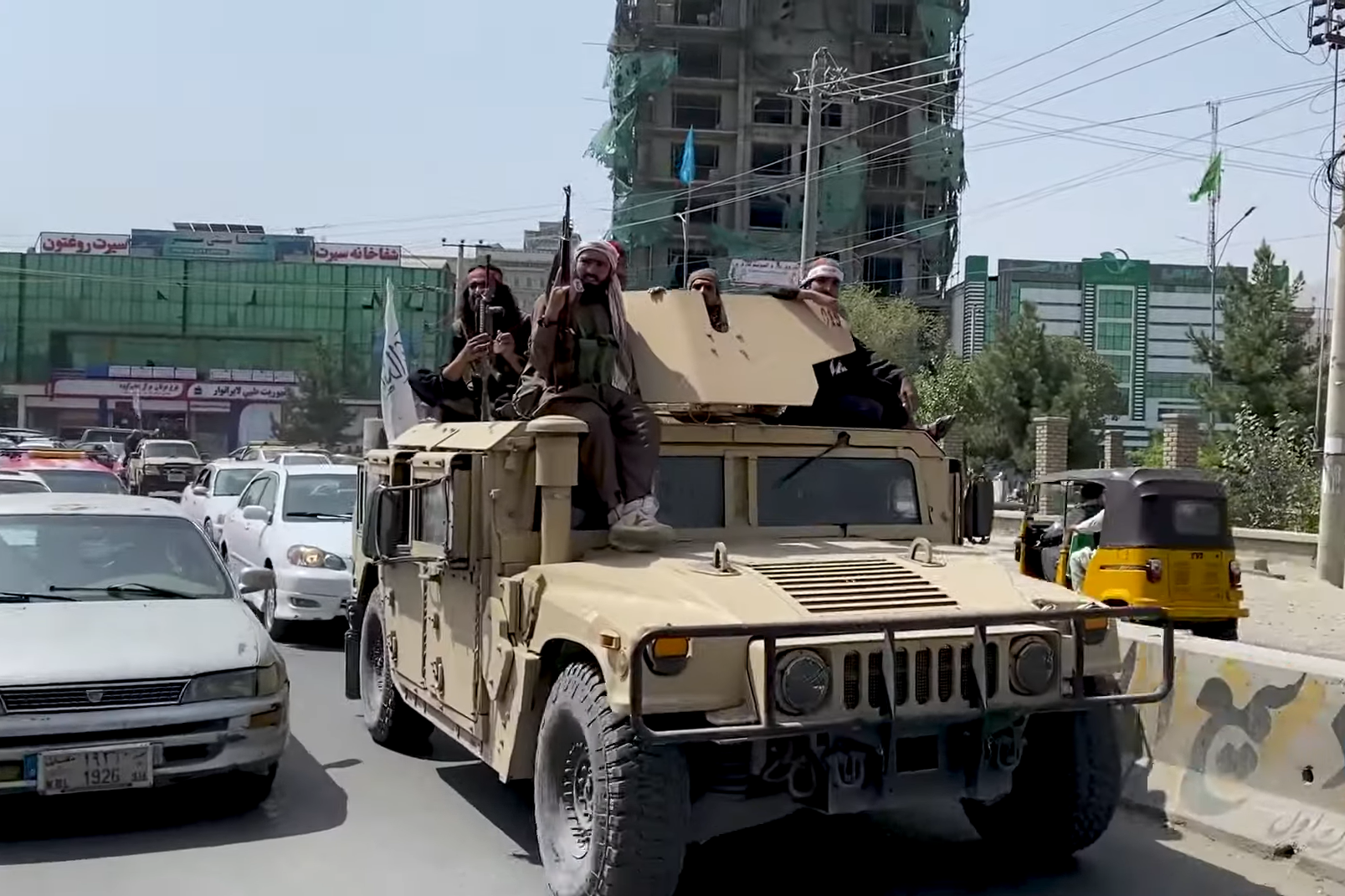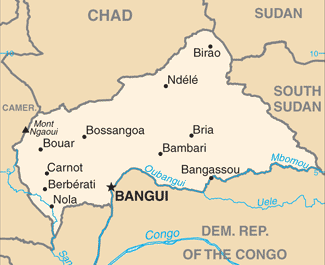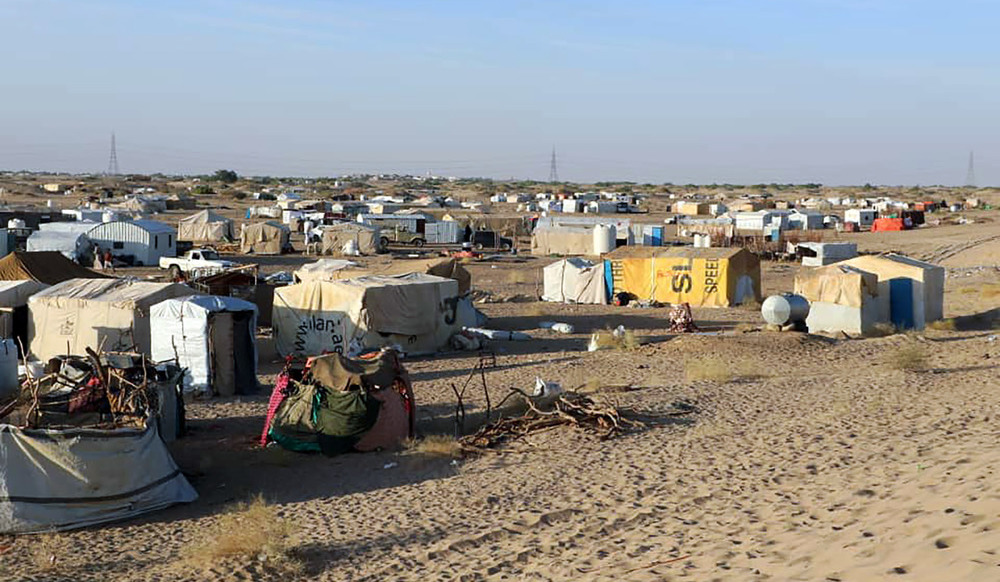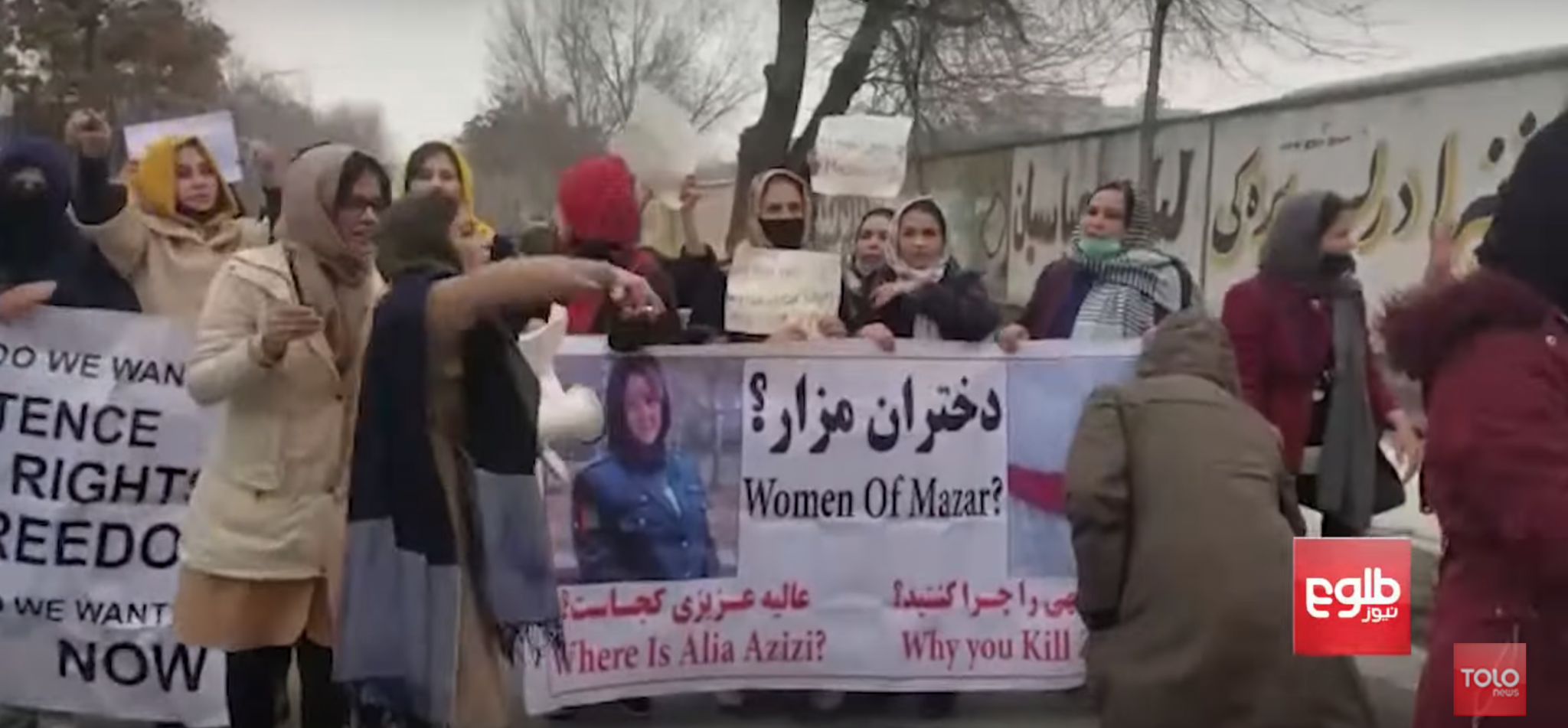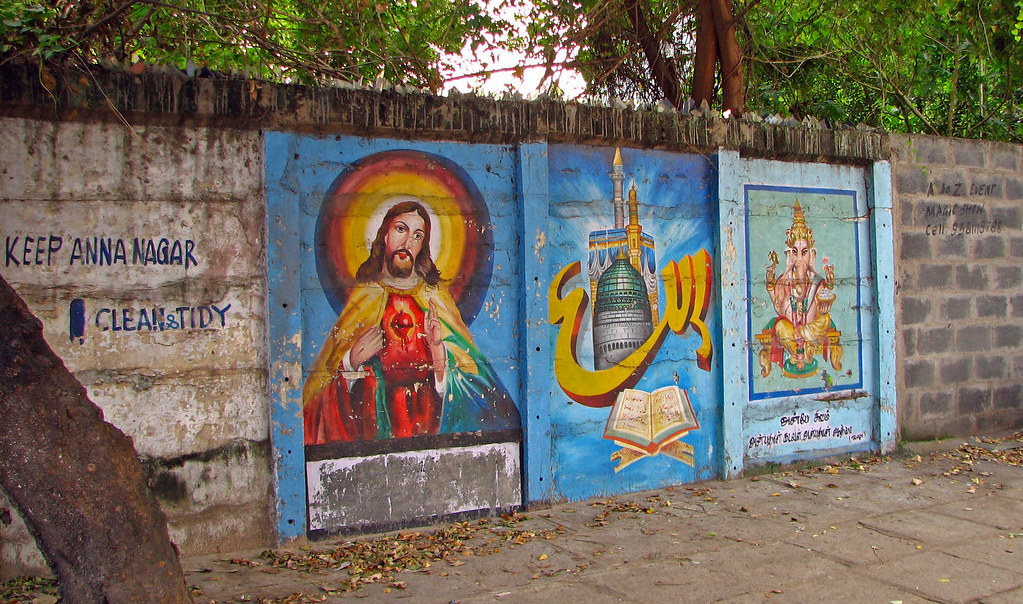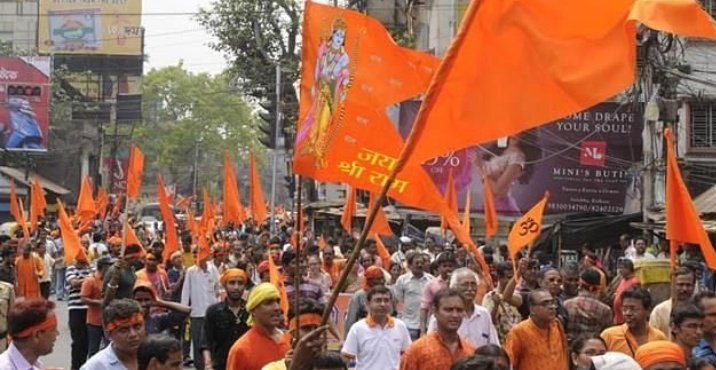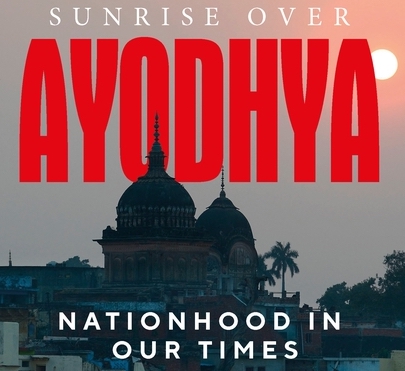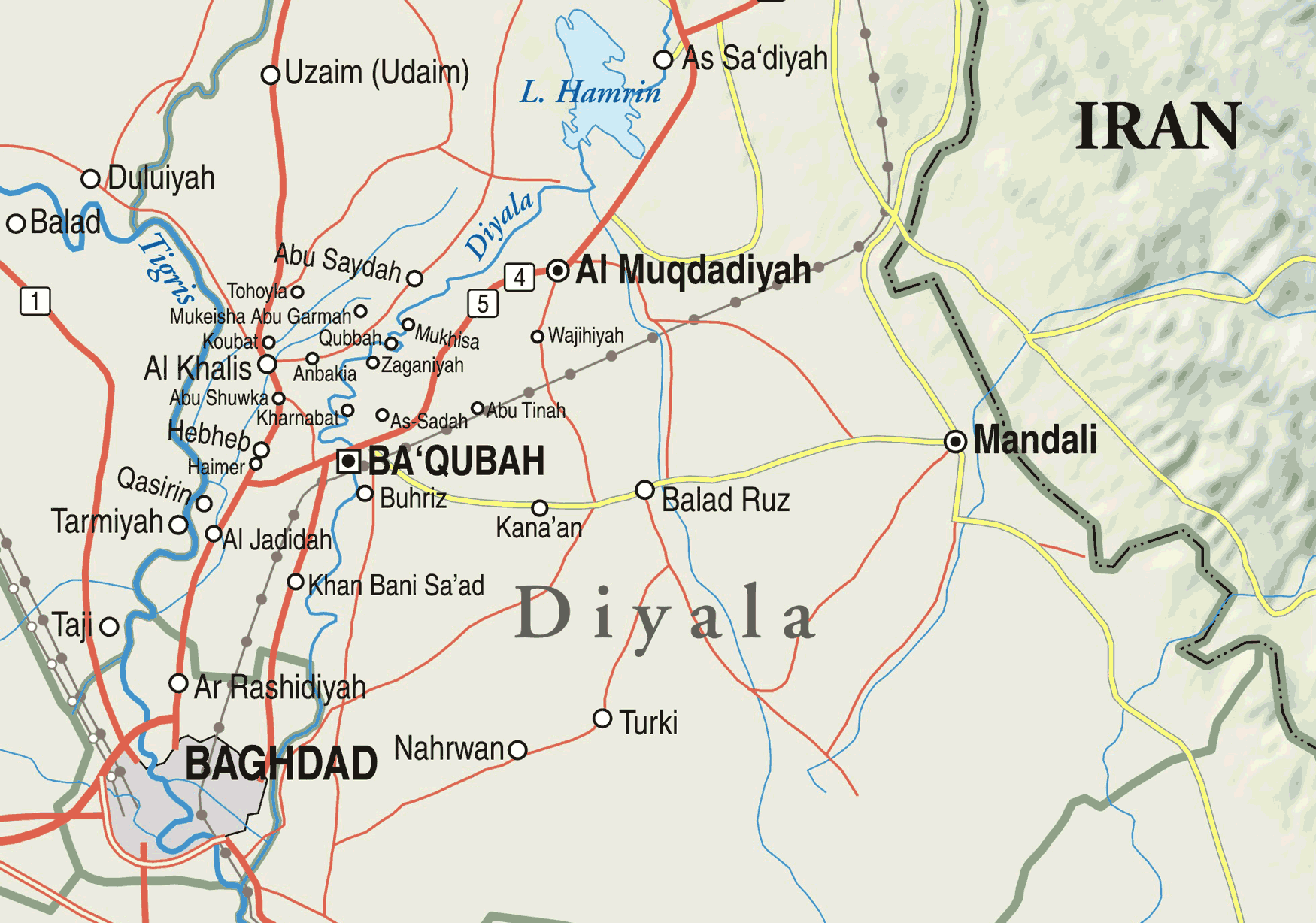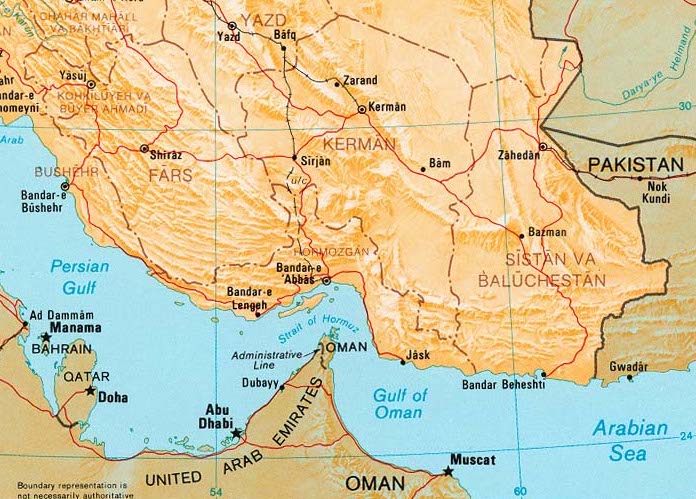
Iran: insurgents strike in Baluchistan region
The insurgent Sunni Baluch group Jaish al-Adl carried out simultaneous attacks on bases of the security forces in Iran’s southeastern Sistan & Baluchestan province, leaving five troops dead. The attacks targeted a Border Guard post in Chabahar, and a Revolutionary Guards base in Rask. Troops gave pursuit, and skirmishes in the areas continue, with several more reported dead on both sides. Jaish al-Adl, or Army of Justice, is largely made up of followers of the banned militant organization Jundullah (Soldiers of God), and claims to “defend the rights of the Sunni Baluch people.” (Map: PCL)



